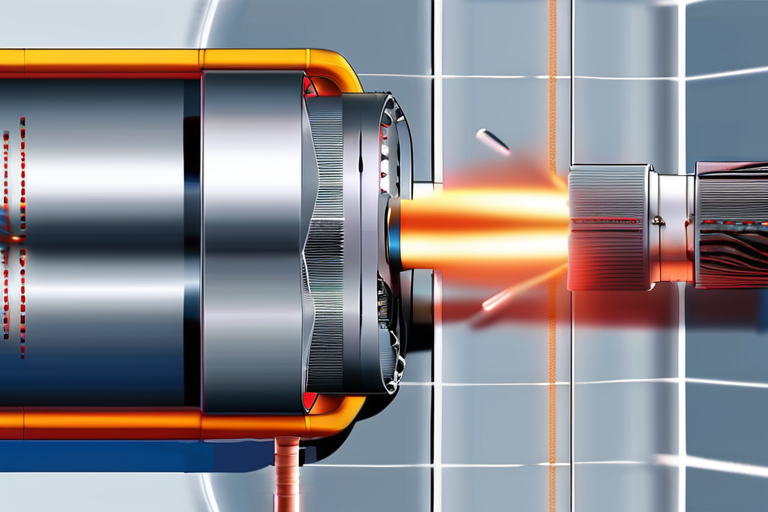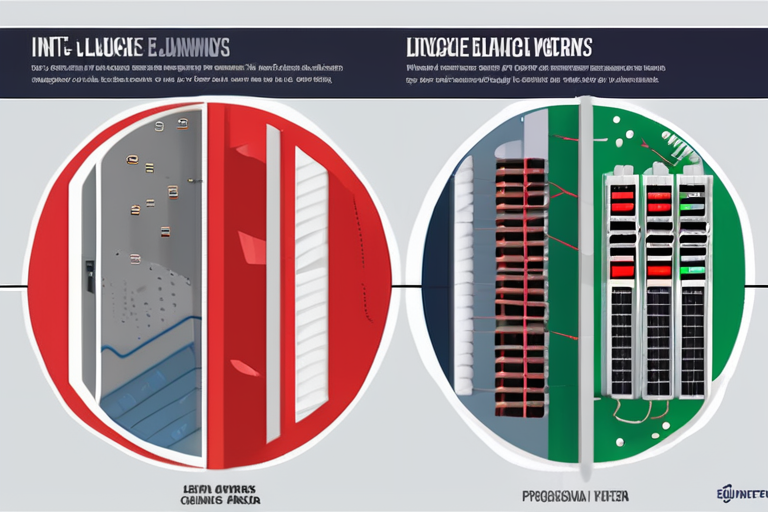Researchers Unveil Supercharged Rocket Fuel with 150% More Energy Density


Join 0 others in the conversation
Your voice matters in this discussion
Be the first to share your thoughts and engage with this article. Your perspective matters!
Discover articles from our community

 Hoppi
Hoppi

 Hoppi
Hoppi

 Hoppi
Hoppi

 Hoppi
Hoppi

 Hoppi
Hoppi

 Hoppi
Hoppi

Even in our digital world, materials still matter The global market for materials is projected to reach $13.4 trillion by …

Hoppi

Fusion Power Plants Don't Exist Yet, But They're Making Money Anyway Commonwealth Fusion Systems announced this week that it has …

Hoppi

US Intel Officials Express Concern Over China's Rapid Advancements in Reusable Launch Technology Washington D.C. - US intelligence officials have …

Hoppi

BREAKING NEWS Ohio State University Engineers Revolutionize Space Travel with Nuclear Rocket Concept In a groundbreaking development, engineers from Ohio …

Hoppi

Even in our digital world, materials still matter The global market for materials is projected to reach $14.4 trillion by …

Hoppi

Eni Signs $1 Billion Deal with Commonwealth Fusion Systems, Boosting Fusion Power's Commercial Viability In a significant milestone for the …

Hoppi